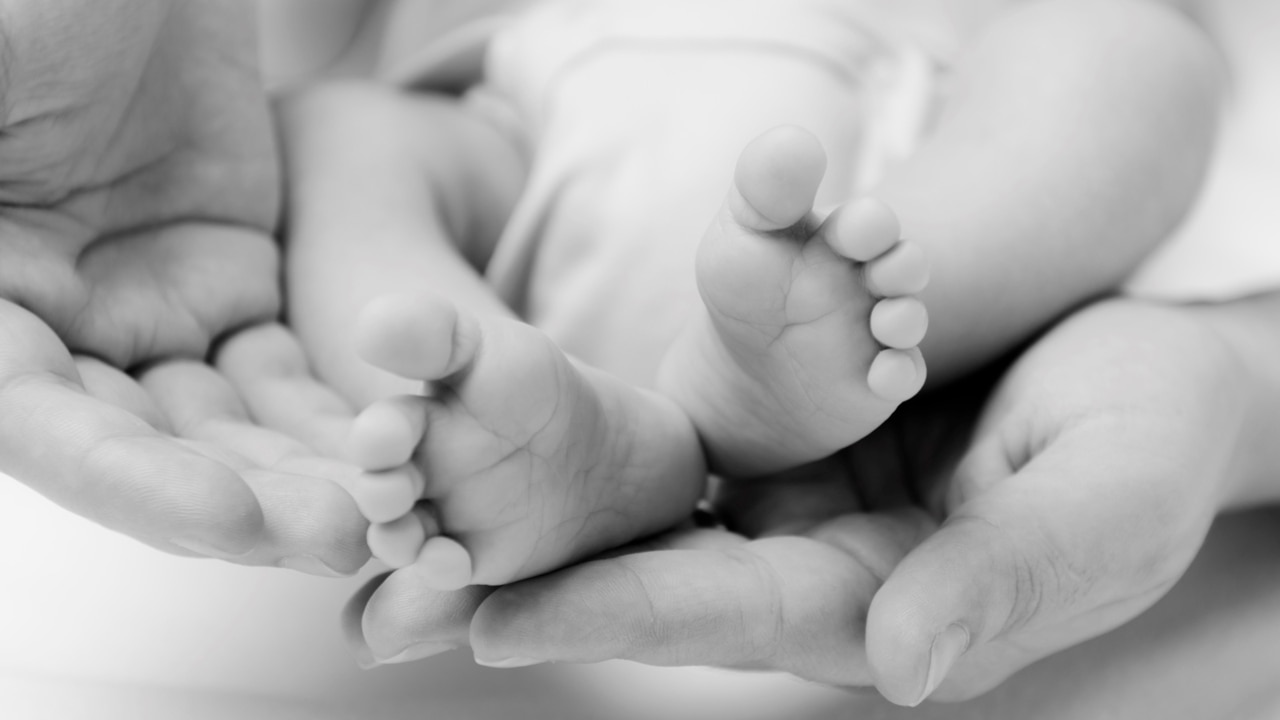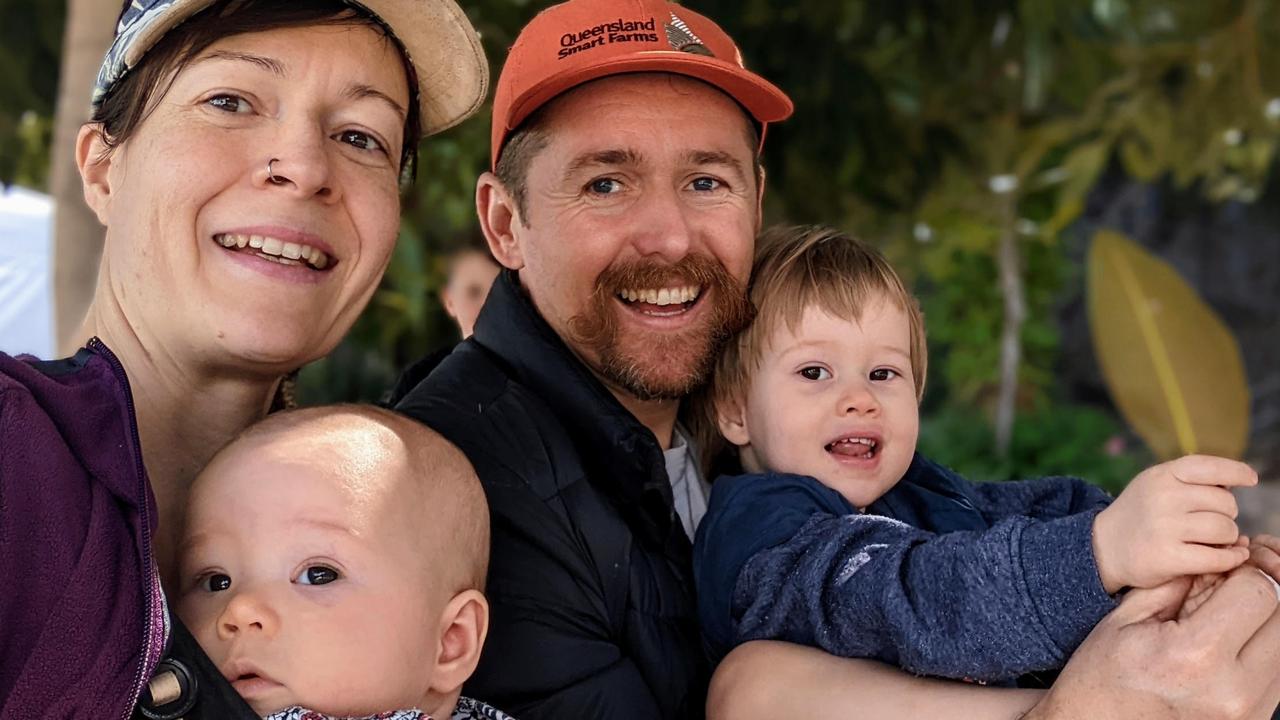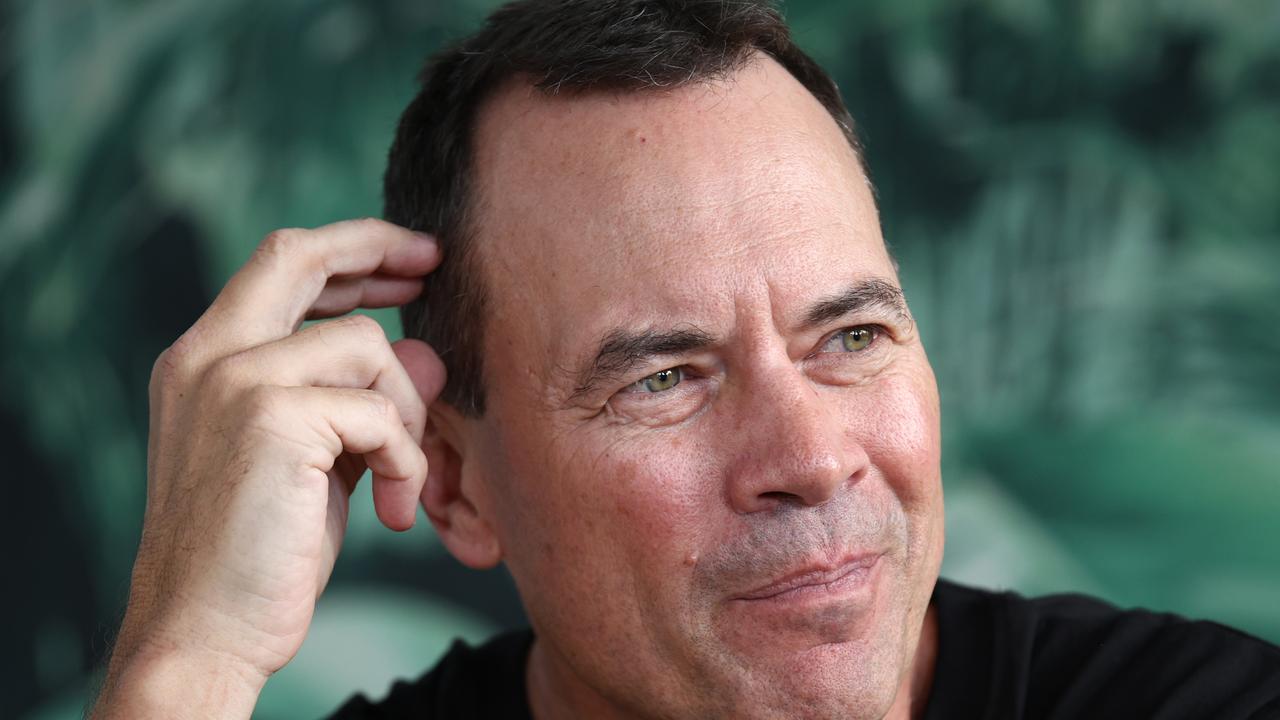Partners’ mates can help prevent postnatal depression
Pregnant women are less likely to develop postnatal depression if their husbands or partners have good mates, a new study has found.

Lifestyle
Don't miss out on the headlines from Lifestyle. Followed categories will be added to My News.
Pregnant women are less likely to develop postnatal depression if their husbands or partners have good mates, a new Queensland study has found.
The Queensland Family Cohort study shows low social support was the strongest factor influencing whether dads reported depression, stress, and anxiety during their partner’s pregnancy.
The research, led by Mater researcher Professor Vicki Clifton and the University of the Sunshine Coast’s Dr Barnaby Dixson found that the effects of a dad’s poor mental health then flowed onto the mother.
It was also discovered that dads who slept poorly during their partner’s pregnancy also had high levels of depression, stress and anxiety.
Professor Clifton said the findings indicate a strong need for both parents to be well supported during pregnancy.
“Mothers whose partners reported lower social support during the pregnancy tended to then also have lower post-natal social support and probably as a consequence had higher postnatal depression,” she said.

Professor Clifton, who is also director of the Queensland Family Cohort study, said that the findings show that it takes a village to care for a family with a newborn.
The study analysed data from 180 couples participating in the Queensland Family Cohort longitudinal study who gave birth at the Mater Mothers’ Hospital in Brisbane.
Both parents completed surveys measuring mental health, relationship quality, social support, and sleep quality at 24 weeks of pregnancy, and mothers completed the same survey again six weeks post-partum.
Dr Dixson said despite the growing recognition of paternal depression during pregnancy, there was still large gaps in understanding the risk factors associated with declines in mental health.
“Screening both partners during pregnancy to identify their levels of support and their mental health status could help manage the risk of a new family experiencing anxiety, depression or damaging stress later,” Dr Dixson said.
Brisbane dad of two, Luke Devitt 43, said his extended family and friends played a big role in helping him readjust to life with a young family.
“My dad is my best mate, my sister is heavily involved in our lives and all my old school and sport friends, along with our circle from playgroup provide us with balance in our lives,” Mr Devitt said.




